With the summer upon us, there are so many things to be excited about. Warm weather is one of them, and with that warm weather comes lots of water activities that we find families participating in. Water play is one of the most exciting things for anyone to take part in. Partly due to the fact that anyone can participate in some sort of water activities or play, and because it is a great activity to do to cool off during the summer months.
With the warmer weather, water play safety in and around any body of water is of the utmost importance. Water safety begins with educating both children and adults regarding how to be safe in and around the water. The first step in water safety is a good drowning prevention education program. The great thing about this is that there are many programs out there that provide the important water safety message and provide great resources as well.
One of those programs is the RESPECT the Water Drowning Prevention Campaign that was developed through the Association of Aquatic Professionals. The Association of Aquatic Professionals (AOAP) is proud to offer free drowning prevention resources on their website, www.aquaticpros.org, to aquatic professionals worldwide including the innovative water safety program — RESPECT. This program has modules created especially for children, instructors, and supervisors/caregivers. Learn more about this free program by visiting AOAP's Drowning Prevention Education page.
Our approach is as simple as RESPECT:
- Recognize - recognize the signs of non-swimmers, tired swimmers, distressed swimmers and potentially unsafe situations.
- Education - learn what factors can lead to drowning.
- Supervision - direct, constant supervision is key.
- Physical barriers - provide fencing, safety covers, alarms, and life jackets.
- Expectations - understand what to expect from the aquatic environment and the body's response, know your limits.
- Communicate - warn and inform, communicate the dangers that are present in, on and around the water.
- Training - learn to swim and how to respond to an emergency.
The Association of Aquatic Professionals is committed to helping prevent drownings nationwide.
We believe with a little education and training, learning to RESPECT the water and prevent drowning tragedies is within our reach.
There are three (3) parts to the RESPECT program that may be downloaded and utilized within your communities to educate children and caregivers about water safety. The RESPECT the Water Drowning Prevention program instructor guide and presentation outline assists those providing the program with the tools necessary to implement the program in their communities.
Documents
Promotional Materials and Videos for Program Flyers and Additional Videos
- RESPECT the Water Drowning Prevention Flyer
- Download the Redwoods Group Video – Hollywood vs Reality to show during the Caregivers portion
- RESPECT the Water Drowning Prevention Program Video
Promotional Materials – Spanish
- RESPECT the Water Drowning Prevention Program Flyer – SPANISH version
- RESPECT the Water Drowning Prevention Program 11×17 Poster – SPANISH version
RESPECT Program Classroom Materials
AOAP RESPECT Presentation – Caretaker Portion
AOAP RESPECT Presentation – Caretaker Instructor notes
AOAP RESPECT Presentation – Student Portion
AOAP RESPECT Presentation – Student, Instructor notes
RESPECT Program Classroom Materials – SPANISH VERSION
AOAP RESPECT Presentation – Student – Spanish VersionDownload
AOAP RESPECT Presentation – Caretaker – Spanish VersionDownload
The final portion of the program is a video that promotes water safety and provides valuable information to both children and caregivers.
PSAs
R = Recognition – PSA
E = Education – PSA
S = Supervision – PSA
P = Physical Barriers – PSA
E = Expectations – PSA
C = Communication – PSA
T = Training – PSA
In addition to the AOAP RESPECT the Water Drowning Prevention Program there are many other programs promoting drowning prevention. Some of those programs are:
- SafeKids Worldwide
- NDPA (National Drowning Prevention Alliance)
- Drowning Prevention Foundation
- Safer 3 Drowning Prevention

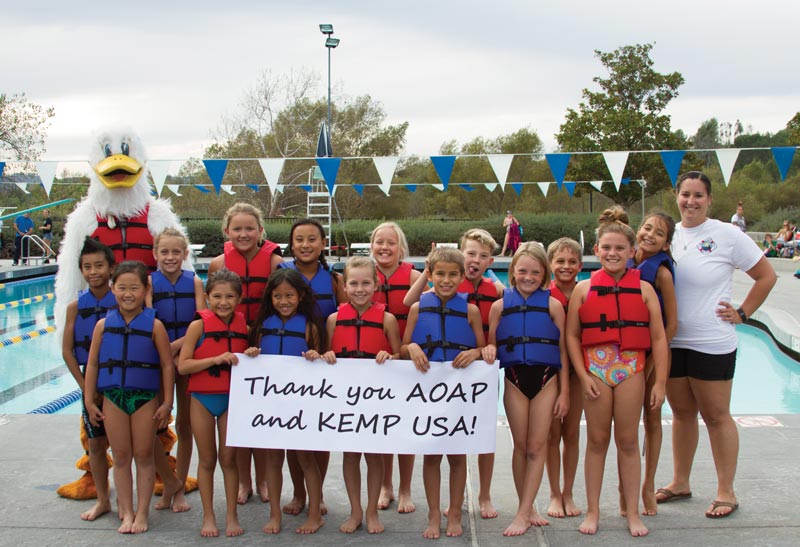

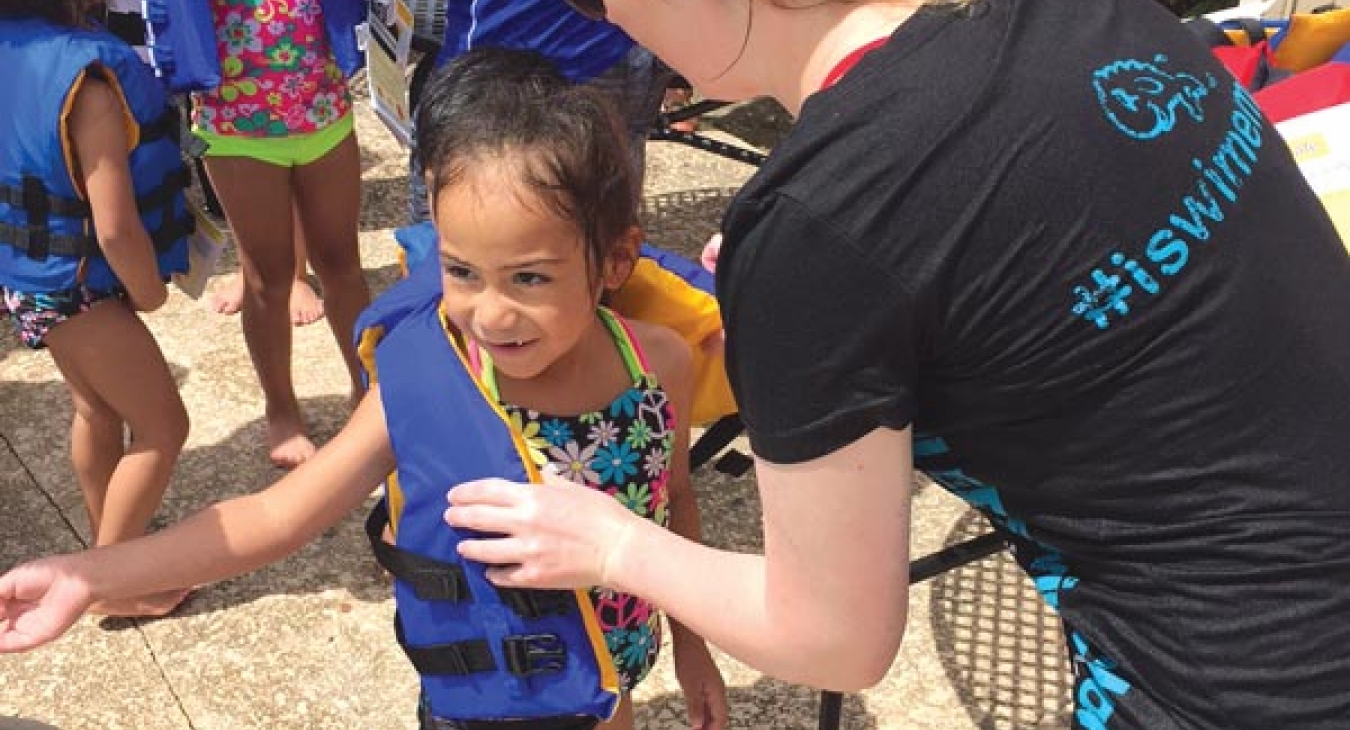
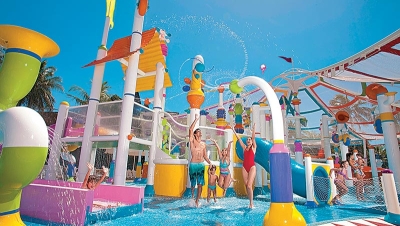
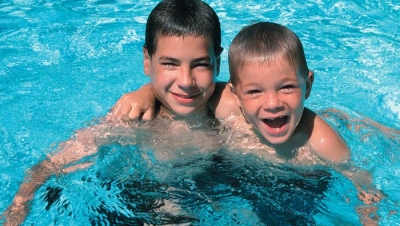
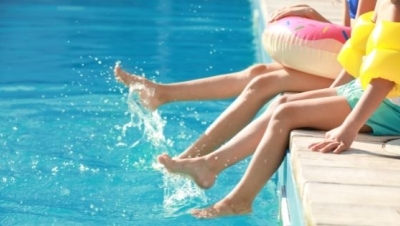


Add new comment